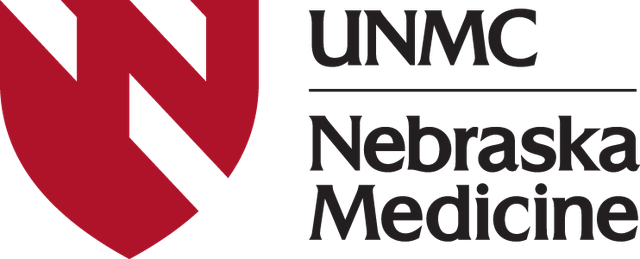ACNS1422. A Phase 2 Study of Reduced Therapy for Newly Diagnosed Average-Risk WNT-Driven Medulloblastoma Patients
Categories (click each to see list of all clinical trials associated with that category): CTO Pediatric Trials (ONC), Pediatric (PEDONC)
Current Status: Open
Phase: II (Cancer Control)
Principal Investigator: Beck, Jill
Eligibility: https://clinicaltrials.gov/study/NCT02724579?term=NCT02724579&rank=1
Summary
This phase II trial studies how well reduced doses of radiation therapy to the brain and spine (craniospinal) and chemotherapy work in treating patients with newly diagnosed type of brain tumor called WNT)/Wingless (WNT)-driven medulloblastoma. Recent studies using chemotherapy and radiation therapy have been shown to be effective in treating patients with WNT-driven medulloblastoma. However, there is a concern about the late side effects of treatment, such as learning difficulties, lower amounts of hormones, or other problems in performing daily activities. Radiotherapy uses high-energy radiation from x-rays to kill cancer cells and shrink tumors. Drugs used in chemotherapy, such as cisplatin, vincristine sulfate, cyclophosphamide and lomustine, work in different ways to stop the growth of tumor cells, either by killing the cells, by stopping them from dividing, or by stopping them from spreading. Giving reduced craniospinal radiation therapy and chemotherapy may kill tumor cells and may also reduce the late side effects of treatment.

